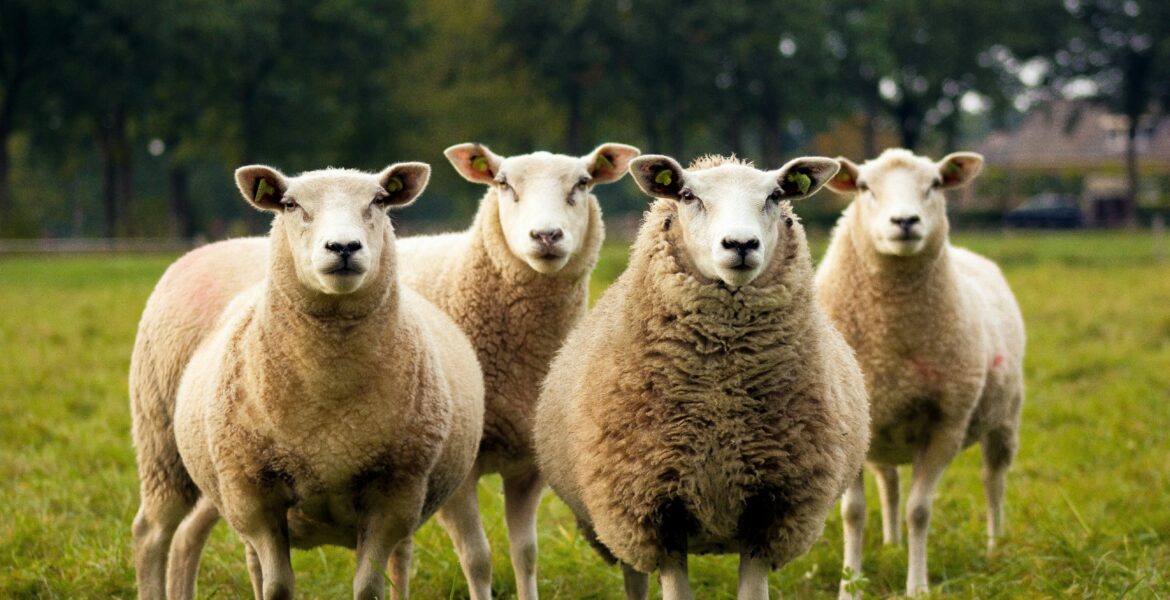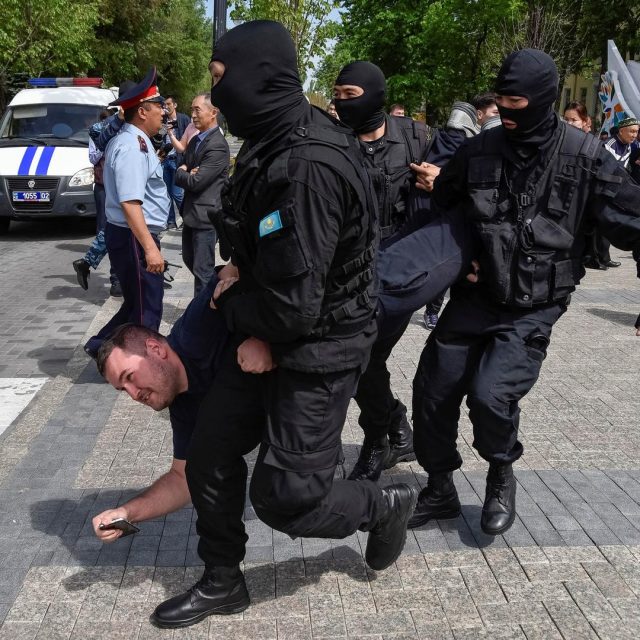Photo by Judith Prins on Unsplash
A senior MEP has unveiled a major new position paper outlining his vision for the future of European farming and the next Common Agricultural Policy (CAP) post-2027.
The paper, developed by Barry Cowen in his role as Renew Europe’s shadow rapporteur for the Parliament’s report on “The Future of Agriculture and the Post-2027 CAP,” is the most detailed articulation yet of the former Minister for Agriculture’s proposals for EU farming.
Cowen confirmed that the paper will now serve as the foundation for his work in the upcoming legislative negotiations, where he will represent Renew Europe in shaping the committee’s position and the final compromise text expected later this year.
Central to the Fianna Fáil MEP’s proposals is the creation of a third, standalone environmental pillar within CAP. This new pillar – backed by an increased CAP budget – would offer meaningful rewards and incentives to farmers who adopt voluntary environmental schemes and sustainable innovations.
In the paper, Cowen calls for a major increase in CAP funding in the 2028–2034 Multiannual Financial Framework (MFF), warning that failure to adjust for inflation could erode over half the CAP’s real value by 2034 – representing a €250 billion shortfall. He argues that, in a new era of heightened security concerns, food security must be recognised as a core pillar of Europe’s strategic defence, with agriculture deserving a protected share of broader security spending.
On rural development, Cowen proposes stronger financial and policy tools to address generational renewal – an existential threat to farming and rural communities. His proposals include higher income support for young farmers, improved access to land and finance and stronger public-private innovation partnerships to drive sustainability and technology adoption.
Cowen’s paper further calls for major simplification across CAP delivery, advocating reduced administrative burdens and a shift away from the current income foregone payment model. He highlights that excessive bureaucracy and a lack of practical usability were the number one issue raised with him by farmers during last year’s European election campaign.
The document sets out recommendations to strengthen farmers’ position within the food supply chain and ensure that international trade agreements – such as the proposed Mercosur trade agreement – do not undercut EU environmental, labour and food safety standards.
The MEP said he will now use the position paper as the basis for negotiations in Parliament, aiming to shape both the committee’s draft and the final plenary recommendations.
Cowen told this site: “This position paper reflects months of engagement with stakeholders across Europe – farmers, young entrants, producer organisations, innovators, environmental experts and policymakers. It is shaped by their insights and driven by a belief that we can deliver a CAP post-2027 that strengthens farming and rural life while meeting environmental and food security challenges.
“As Renew Europe’s shadow rapporteur, I will use this paper and the 52 amendments I have already submitted to press for a Parliament position that’s ambitious, balanced and rooted in the realities faced by farmers across the Midlands North-West, Ireland and Europe.”
“In an age of geopolitical uncertainty, food security is a critical component of Europe’s overall security and defence. A resilient, productive agricultural sector is not just an economic asset – it is a strategic imperative. That is why we must halt the erosion of CAP funding and give farming the status it deserves.”
“Introducing a third, voluntary environmental pillar is about putting logic and trust back into the system. It’s a chance to support the farmers doing the most for sustainability – with tailored schemes that provide real rewards, not red tape.”
“Simplification is no longer optional. Farmers expect less bureaucracy and more clarity. Any political representative who campaigned last year knows this was the farming community’s overriding message. The next CAP must allow them to focus on what they do best.”
“This paper is a starting point, not an end point. In the months ahead, I will fight to ensure its priorities are reflected in the Parliament’s final recommendations.”




